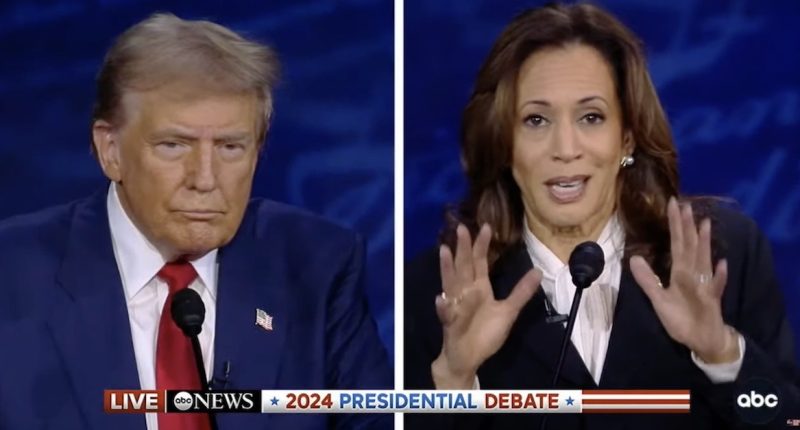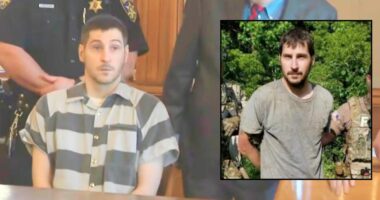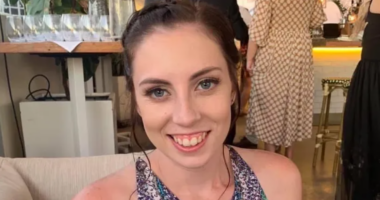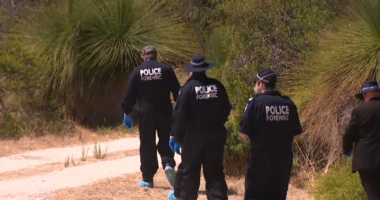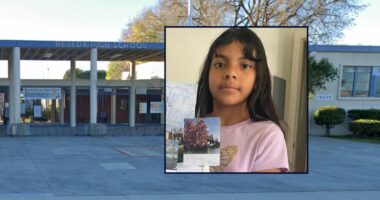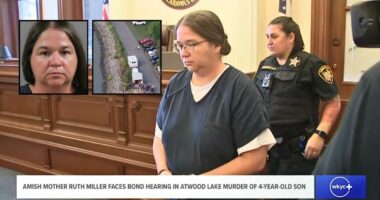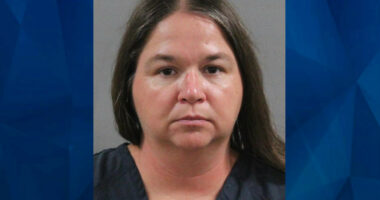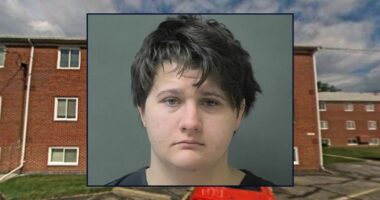Share this @internewscast.com
Presidential candidates Donald Trump and Kamala Harris are shown during a segment of the September 10, 2024 debate on ABC, which led to the Central Park Five defamation lawsuit (ABC News).
Following a decision by a federal judge to maintain the Central Park Five’s defamation case against President Donald Trump, his private legal team is seeking to appeal based on what they admit is a “novel” claim of immunity. They argue that his statements during a 2024 debate with then-Vice President Kamala Harris are protected speech and should not be suppressed by what they call unwarranted litigation.
On Thursday, a notice of appeal was submitted, shortly after U.S. District Judge Wendy Beetlestone decreed that the plaintiffs’ lawsuit did not fall under Pennsylvania’s anti-SLAPP law. Trump has presented “a novel question of law” to the 3rd U.S. Circuit Court of Appeals, questioning if the state’s Uniform Public Expression Protection Act (UPEPA) is applicable in federal court proceedings.
Antron Brown, Kevin Richardson, Raymond Santana, Korey Wise and Yusef Salaam filed the defamation suit in October, saying that Trump had “falsely stated that Plaintiffs killed an individual and pled guilty to the crime.”
In 1989, the then-teenagers were wrongfully accused of raping Trisha Meili as she jogged in Central Park in New York City. The five were also accused of attacking two men that same night.
“While in police custody, Plaintiffs were each separately subjected to hours of coercive interrogation, under duress, with no attorney present and often without a parent or guardian present,” the lawsuit recounted. “Plaintiffs all initially denied having any knowledge of the Central Park assaults. However, after hours of interrogation, four of the Plaintiffs agreed to provide written and videotaped statements in which they falsely admitted to having been present during the assaults.”
Love true crime? Sign up for our newsletter, The Law&Crime Docket, to get the latest real-life crime stories delivered right to your inbox
The Central Park Five faced trials, maintained their innocence, were convicted by juries in 1990 and were sent to prison, only to be exonerated decades later after the real attacker, Matias Reyes, admitted to the crime against Meili and DNA “conclusively” proved that Reyes was the “true perpetrator,” court documents said.
Notably, the five did not plead guilty and were not accused of killing anyone — yet, during a nationally televised presidential debate with Harris in Pennsylvania in September, Trump said: “They admitted – they said, they pled guilty. And I said, well, if they pled guilty they badly hurt a person, killed a person ultimately.”
The remarks were a response to Harris’ statement that, throughout his life and career, Trump has “attempted to use race to divide the American people,” and that an example of this was the “full-page ad” he placed in the New York Times and elsewhere in 1989 “calling for the execution of five young Black and Latino boys who were innocent — the Central Park Five — took out a full-page ad calling for their execution.”
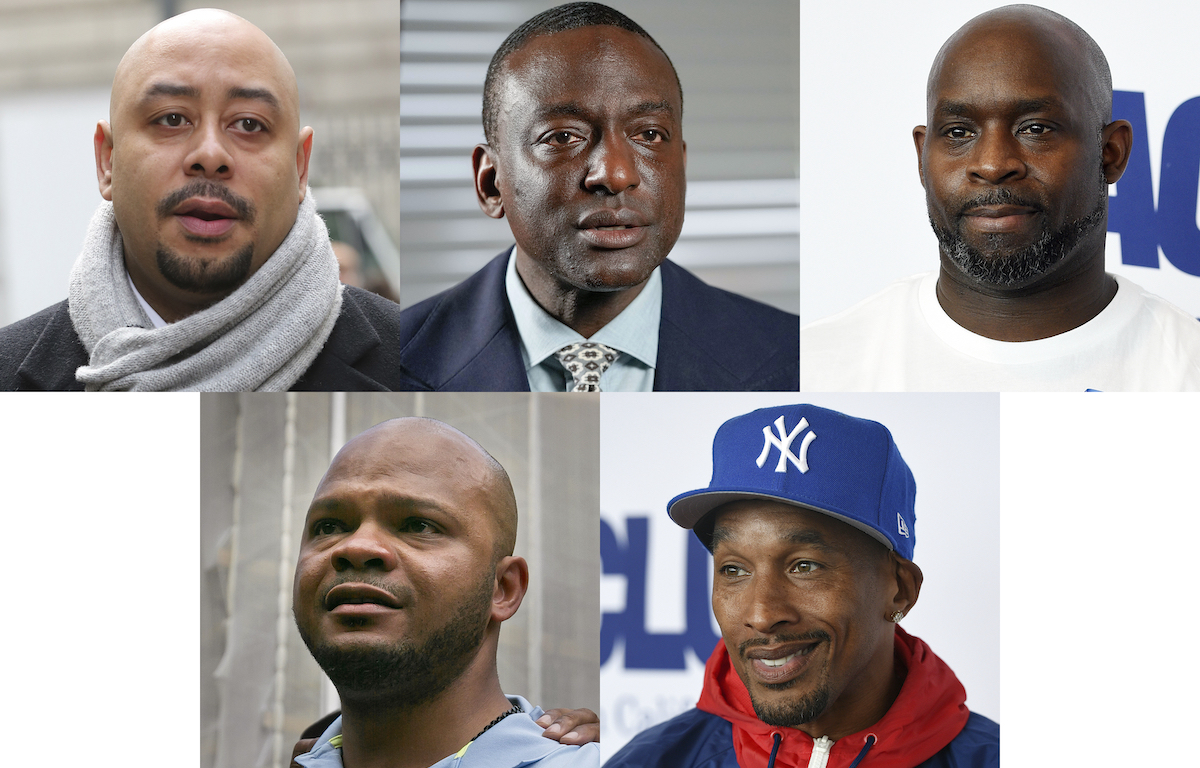
FILE – This combination of file photo shows, clockwise from top left, Raymond Santana, Yusef Salaam, Antron McCray, Korey Wise and Kevin Richardson, known as Central Park five. (AP Photo/File)
In the ad at issue, Trump advocated for bringing back the death penalty and alluded to the Central Park Five case:
Many New York families — White, Black, Hispanic and Asian — have had to give up the pleasure of a leisurely stroll in the Park at dusk, the Saturday visit to the playground with their families, the bike ride at dawn, or just sitting on their stoops — given them up as hostages to a world ruled by the law of the streets as roving bands of wild criminals roam our neighborhoods, dispensing their own vicious brand of twisted hatred on whomever they encounter. At what point did we cross the line from the fine and noble pursuit of genuine civil liberties to the reckless and dangerously permissive atmosphere which allows criminals of every age to beat and rape a helpless woman then laugh at her family’s anguish?
The ensuing lawsuit alleged that Trump engaged in “malicious, intentional and reckless conduct” and should be on the hook for punitive damages to “punish Defendant Trump for his conduct and deter him and others similarly situated from like acts in the future.”
As recently as June 27, the federal judge presiding over the case ruled that the Pennsylvania’s anti-SLAPP statute “does not apply here, in federal court,” and that the defamation case could move forward as a result.
The Dhillon Law Group founded by Harmeet Dhillon, who is currently serving as an assistant attorney general in the DOJ’s Civil Rights Division, responded Thursday on Trump’s behalf by seeking a stay pending appeal at the 3rd Circuit.
In an attached motion for the stay, Trump lawyer Karin Sweigart argued that there’s a circuit split on anti-SLAPP application that needs resolving, as Trump very well may be immune from suit.
“Courts of Appeal are divided on the question of anti-SLAPPs’ application in federal court. Unlike the majority of its sister circuits, the Third Circuit has yet to analyze an anti-SLAPP statute to determine its application by federal courts sitting in diversity,” the filing said. “Further, UPEPA is a statute granting ‘immunity’ from suit—a unique feature of Pennsylvania’s anti-SLAPP iteration that materially distinguishes it from other anti-SLAPP statutes and further compels the need for a stay pending resolution of the appeal.”
Defending Trump’s words during the debate as his “factual understanding of the Central Park assaults and his reasoning at the time he took out the ad thirty-five years prior” — and also slamming Harris’ accusation of racism as “patently false” — the motion stated the stay is “mandatory” and that the immunity claim is “not frivolous.”
“In the context of absolute and Eleventh Amendment immunity, a defendant is entitled to a stay while a denial of a motion to dismiss or summary judgment based on immunity is appealed, provided the underlying immunity assertion is not frivolous,” the filing said, before adding a couple lines later: “President Trump amply demonstrates that his appeal is not frivolous.”
Claiming that Trump has a “strong likelihood” of succeeding on the merits, Sweigart further argued that Trump would be irreparably harmed by the “hardships” of litigation in the absence of a stay.
“Without a stay, the damage will already be done as President Trump would have been subjected to the hardships involved in litigation for a matter for which he was immune from suit,” the motion said. “In this scenario, President Trump would have wholly lost the principal benefit of the immunity UPEPA was enacted to confer, and to which he was legally entitled. This constitutes irreparable harm.”
In closing, Sweigart called the suit a “particularly egregious example” of a case “threatening” to chill — through “meritless litigation” — protected speech uttered during a presidential debate.
“This stay is critical to preserve President Trump’s potential immunity and uphold Pennsylvania’s policy against SLAPP lawsuits, ensuring that protected public expression, particularly in the context of a presidential debate, is not chilled by meritless litigation,” the filing said.
